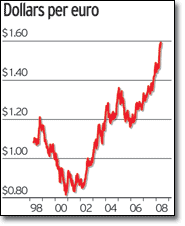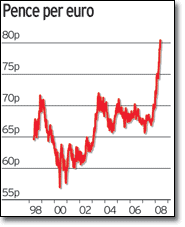Berlin – Germany is planning to set up a new authority to combine its various eavesdropping operations in a purpose-built headquarters near Cologne, the news magazine Der Spiegel said Saturday.
The combined police and espionage centre would be modelled on the National Security Agency (NSA) in the United States or the Government Communications Headquarters (GCHQ) in Britain.
The project was being pushed by the Interior Ministry, which oversees the police and domestic intelligence, the magazine said in a story to appear in print on Monday.
Approached for comment by Deutsche Presse-Agentur dpa, a ministry spokesman a possible merger of telecommunications surveillance was at the “consideration” stage.
Including surveillance by the 16 German states, Germany had more than 75 surveillance offices at present, Der Spiegel said.
The interior ministry was keen to take away surveillance functions from the BND foreign intelligence service, and would argue that a new authority similar to the NSA could provide foreign and domestic eavesdropping from one spot.
A revamp was needed because modern communications were mainly digital and used sophisticated new encryption methods, creating a risk that police and intelligence services would be unable to crack the codes, according to Der Spiegel.
Source: DPA





 A trader reacts in front of the DAX board at the Frankfurt stock exchange.
A trader reacts in front of the DAX board at the Frankfurt stock exchange.